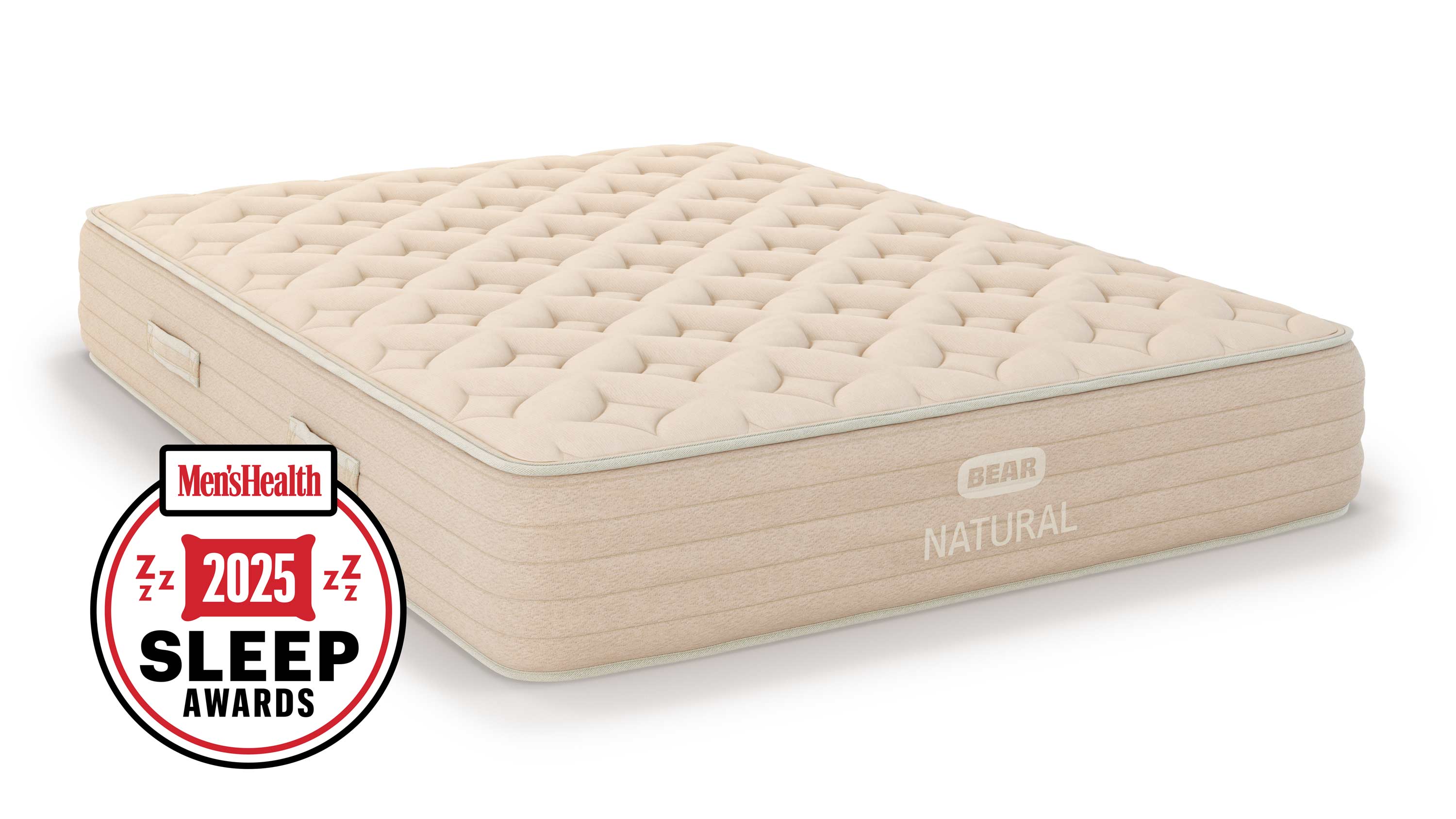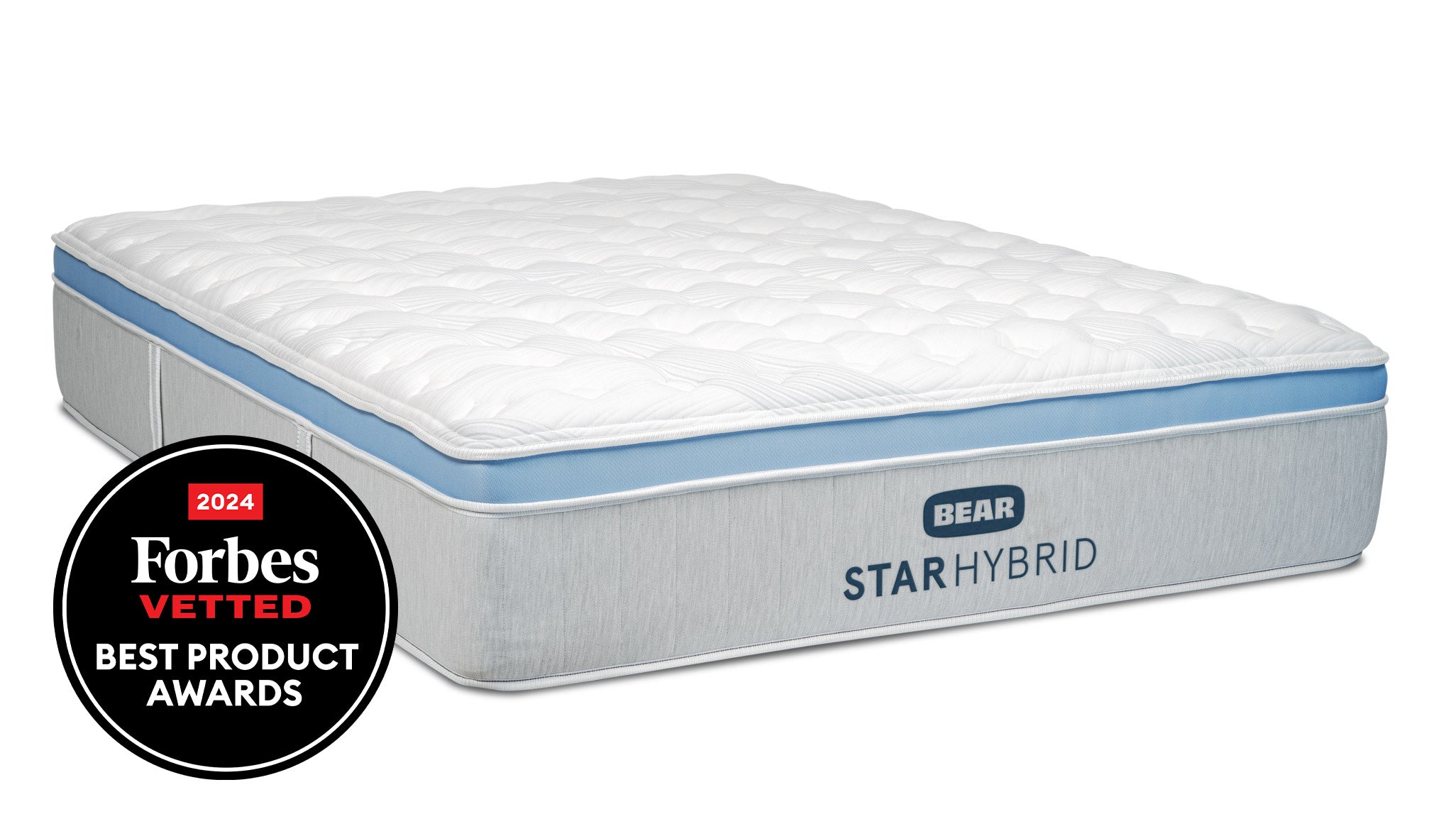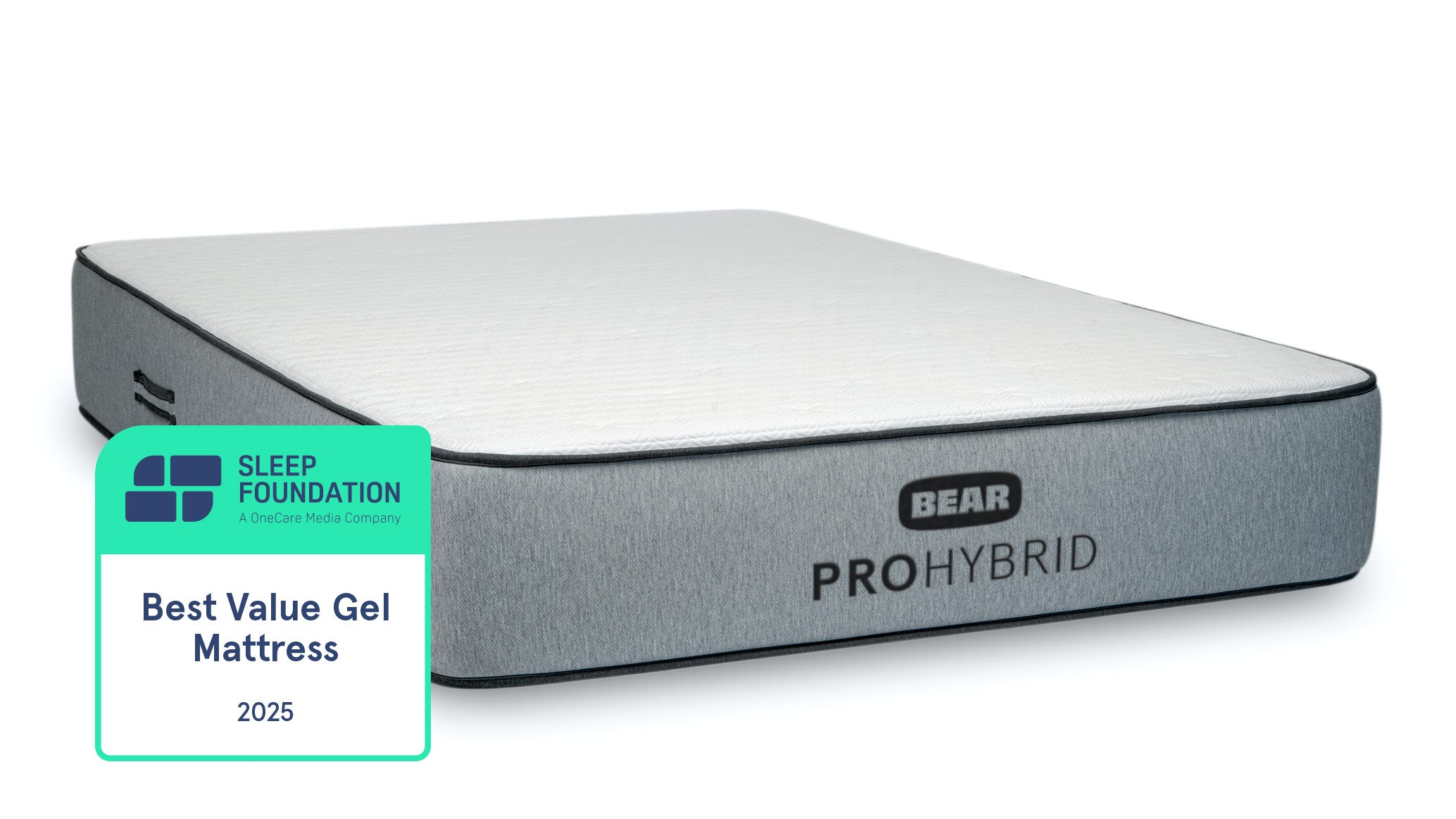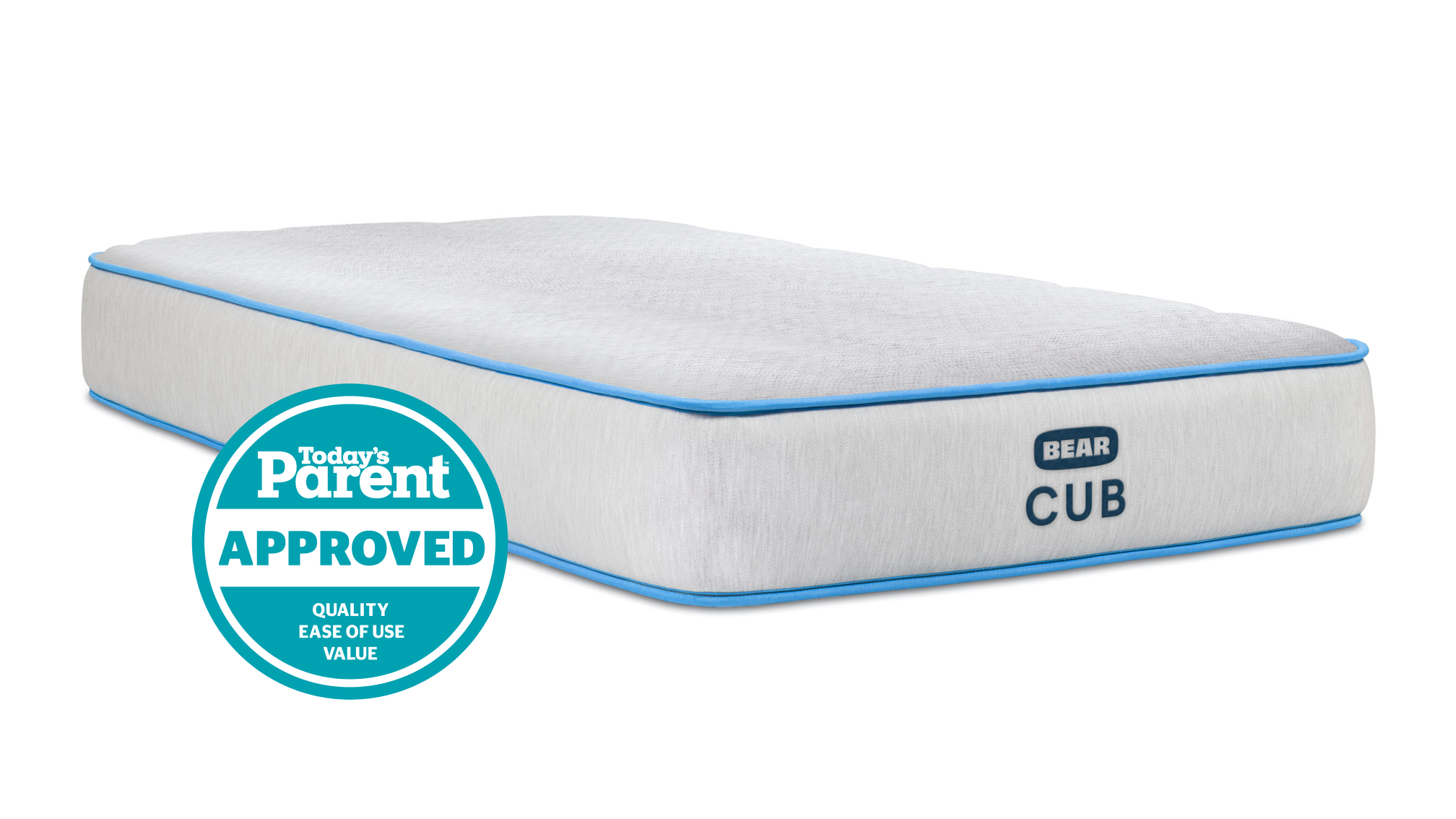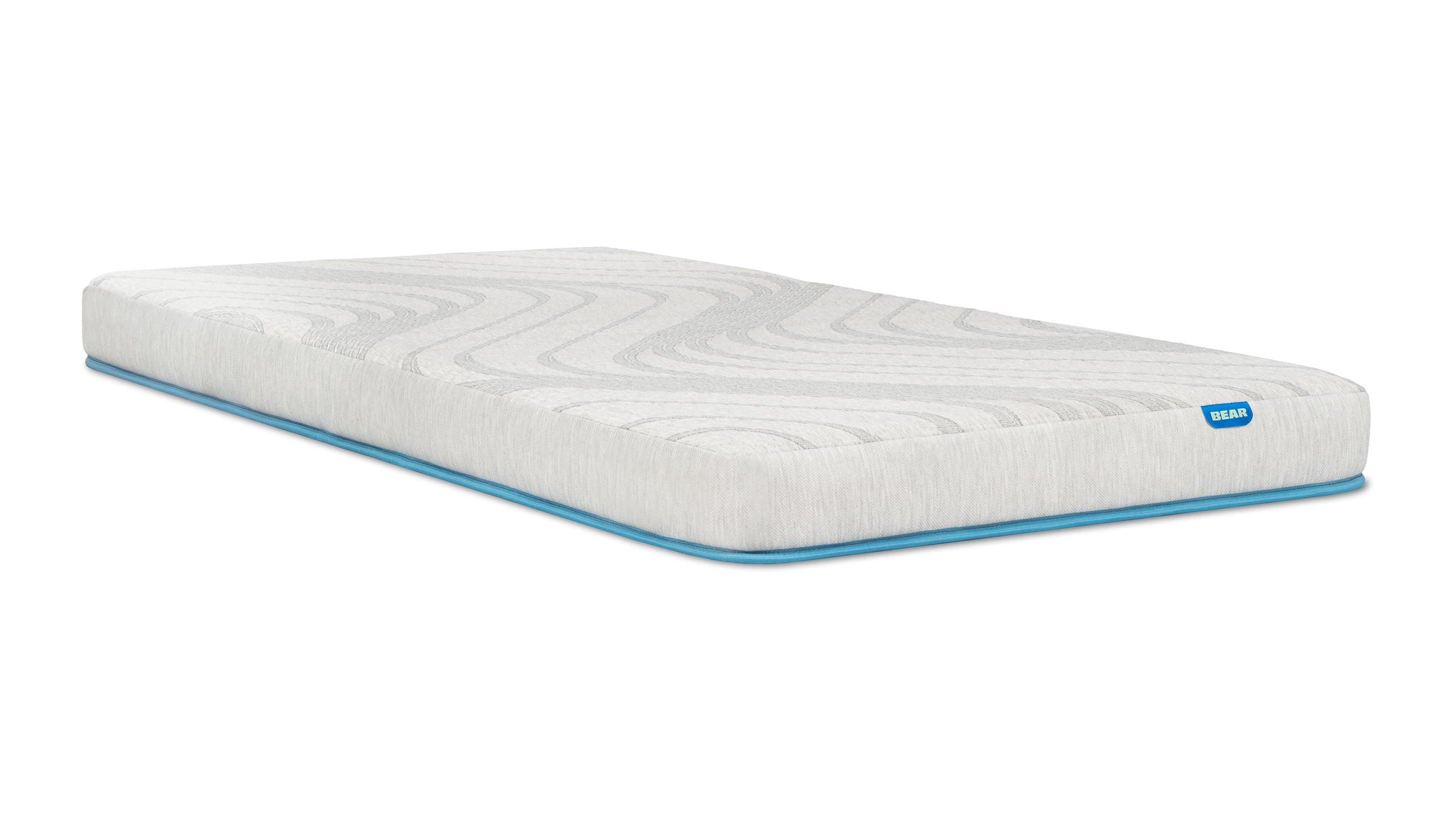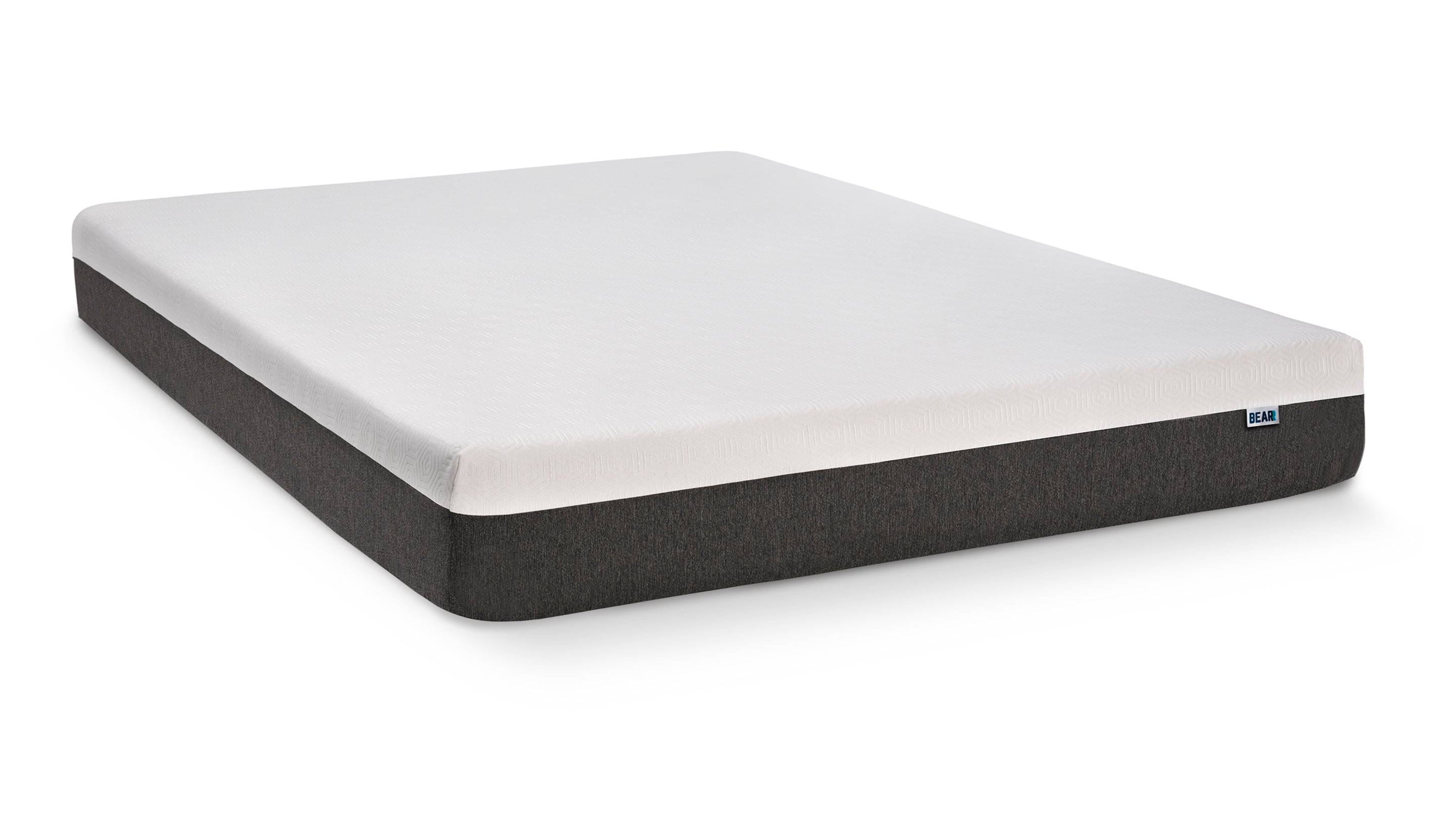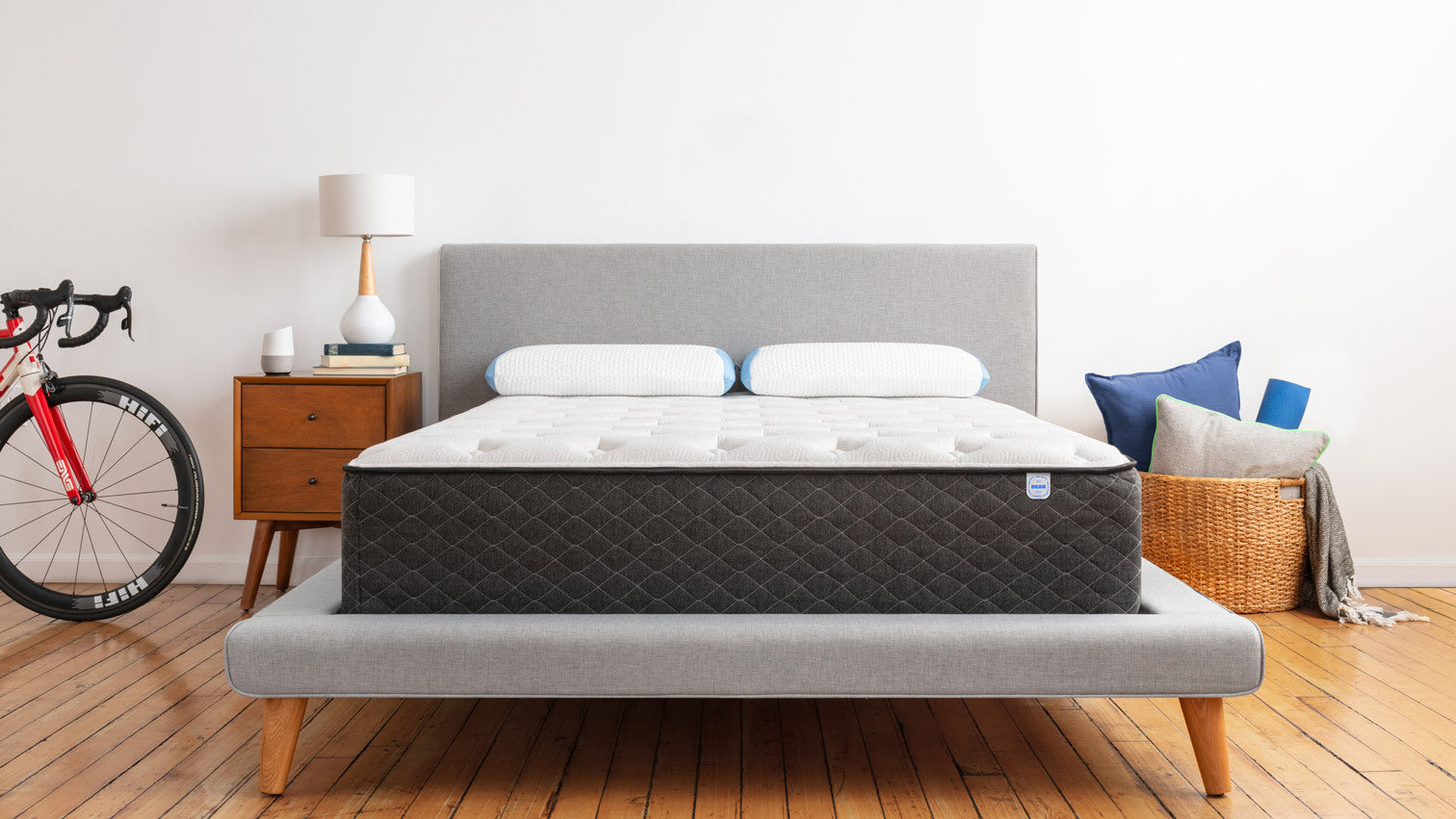When it comes to building muscle and boosting strength, a lot of us tend to focus on what we do during the day — like what and when we eat (think: protein before workouts, carbs after), drinking plenty of water, and establishing comprehensive workout routines.
Those are important, of course. But if you don’t get a good night’s sleep too, you probably won’t see significant results. That’s why sleeping is perhaps the best (and easiest) way to increase not only muscle growth, but to also speed up muscle recovery.
How Sleep Helps Build, Grow, and Repair Muscle
If you are really serious about boosting your strength and building muscle, then you have to be just as serious about sleeping well — especially if you’re an athlete.
When you work out, you break down your body’s muscles. When you sleep, your body repairs and rebuilds those muscles. It’s during sleep — not during your workout — that your body really gets stronger.
Why? During sleep, our energy consumption lowers, enabling the pituitary gland to release human growth hormone (HGH). HGH tells your body to produce an insulin-like growth factor, which is essential for muscle repair. That then pushes carbohydrates into your muscle cells, so those cells then have the energy to use amino acids (created from the protein in your diet) to build new muscle cells and repair broken-down tissue.
It’s also important to note that the majority of your body’s HGH is released in pulses while you sleep. In one study of HGH secretion in eight young adults, the plasma of seven of the participants indicated peak levels of HGH at the onset of deep sleep. This peak typically lasted 1.5–3.5 hours. Smaller HGH peaks also appeared during subsequent sleep stages. If sleep was delayed, then so was HGH secretion.
In other words: no sleep, means no HGH, which means decreased muscle growth and regeneration.
In fact, according to Sleep.org, most of the regenerative processes of the body happen mostly (if not exclusively) while you sleep. During the N3 stage of sleep, blood flow to your muscles increases, allowing for tissue growth and repair to occur. Also, during REM sleep, your muscles relax, thereby releasing tension and reducing some symptoms of chronic pain (or pain and soreness from super intense workouts).
What Happens If You Don’t Get Enough Sleep?
Believe it or not, getting less than eight hours of sleep per night can potentially shrink your muscles, or at the very least make you feel weaker. When we don’t get enough sleep, our bodies release higher levels of the stress hormone cortisol, which inhibits the repair of muscle (and can even make your body hold onto its fat stores).
But beyond muscle growth and repair, sleep deprivation also inhibits our overall recovery, both mental and physical. Let’s look at a few examples:
By comparing cyclists’ recovery from a single HIIT training session, one study determined that even a single night of partial sleep deprivation impairs recovery. Trained male cyclists were either allowed a full night of sleep (around 8 hours) or around half a night of sleep. Not only did the cyclists in the sleep deprived group see a decrease in their relative peak power output, but they were also sleepier and less motivated to train the next day.
Research also suggests that elite athletes who got just 2–4 fewer hours of sleep per night show not only impaired physical functioning (in everything from tennis serve accuracy to sprint times and soccer kicking skills), but also impaired cognitive functions, including reaction time, judgement, and decision-making. On the other hand, sleep extension improved a wide range physical and cognitive capabilities for athletes in various sports.
If you have an injury, sleep deprivation can even prolong the recovery of the injured muscle area. For example, one study determined through plasma analysis that rats with a muscle injury showed fewer molecular signs of muscle repair after eight hours of sleep deprivation.
So, ensuring you not only sleep at least eight hours a night, but also consistently sleep well during those eight hours, is absolutely essential for muscle building and repair. Even an erratic sleep schedule can throw off the release of HGH into your body and lead to decreased muscle growth and a general feeling of fatigue.
Setting Yourself Up for Optimal Muscle Growth and Repair During Sleep
So, what can you do to ensure you effectively build and repair muscle at night?
1. Get Enough Sleep
You’ll want to get at least 7–9 hours of sleep every night — eight hours is the sweet spot. But if you’ve been training a lot lately, like for a marathon, you’ll be better off adding an extra hour or two of sleep to your nightly routine.
2. Watch What You Eat (and Drink)
You should also be wary of what you put in your body before bedtime. Consuming sugar or alcohol shortly before bedtime is not the move. Alcohol worsens sleep quality and can decrease growth hormone production — especially if you have enough drinks to get intoxicated. Similarly, processed sugars increase cortisol production, thereby disrupting the quality of your sleep.
Instead, eat something that’s high in casein protein — like yogurt or cottage cheese — if you need a before-bed snack. Just 30 grams of casein protein 30 minutes before bedtime will provide enough amino acids to allow your body to repair your muscles while you snooze.
3. Create a Solid Sleeping Environment
Making sure you have a great sleep environment that accommodates your active lifestyle. This of course means having a supportive mattress and pillow, so you don’t wake up with aches and pains during the night. But it also means having a mattress (like the copper-infused Bear Elite Hybrid ) that’ll keep you extra cool at night — especially if you’re an athlete or you workout a lot. Why? Exercise leads to an increase in both metabolism and the number of hormones released by your thyroid, which in turn can cause night sweats.
4. Practice good Sleep Hygiene
If you want to optimize your muscle growth and recovery during sleep, you’ll want to practice good sleep hygiene. This includes but is certainly not limited to turning off electronics 30–60 minutes before bed (none of that nasty blue light, please!), keeping your bedroom temperature cool, and going to bed at the same time every night.
5. Exercise Earlier, Not Later
Finally, don’t do your workouts before bed! Typically, you’ll want to have finished your training about 4–6 hours before going to bed. It depends on the type of exercise, but you might be better off skipping the workout if you can’t get it done well before bedtime. For example, you probably don’t want to go on a 30-mile bike ride, but an hour of gentle yoga in the evening is probably fine.
If you take these steps, you’ll likely see not only an increase in your muscle growth and recovery, but also in your overall mood and motivation, so you can keep training day after day.

